The Premier Hydroponic Equipment Supplier In The UK
As a trusted & reliable hydroponic supplies in the United Kingdom, we take pride in offering a wide range of high-quality growing systems and accessories
3 DAY APRIL SUPER SALE … Don’t Miss Out
-
Sale!
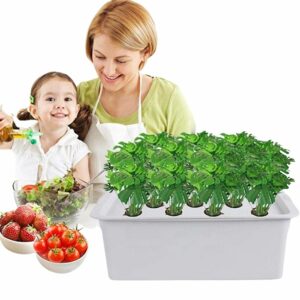
Deep Water Culture Hydroponic System | DWC 11 Cup System | Hydroponic Garden Systems
Original price was: £99.£79Current price is: £79. -
Sale!
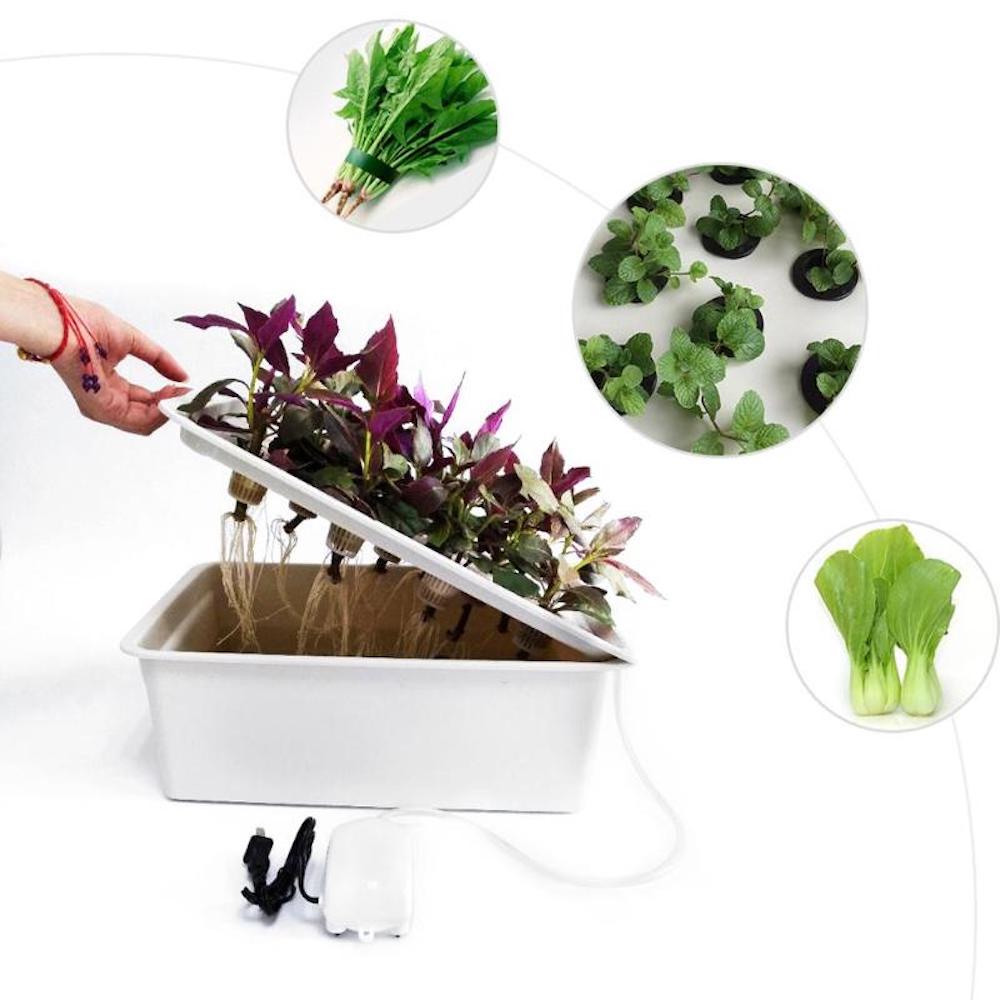
Hydroponic Planter | Hydroponic Grow Kit | Hydroponic Herb Garden
Original price was: £99.£79Current price is: £79. -
Sale!
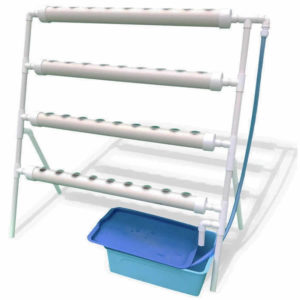
36 Cup Hydroponic Kit | Hydroponic Vertical Garden | Hydroponic Set Up
Original price was: £299.£249Current price is: £249. -
Sale!
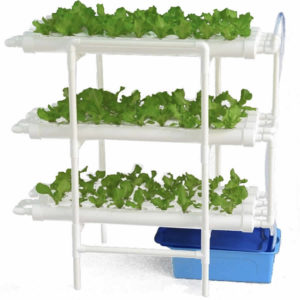
108 Cup NFT Hydroponics | Hydroponic System | Hydroponics Growing Kit
Original price was: £449.£349Current price is: £349. -
Sale!
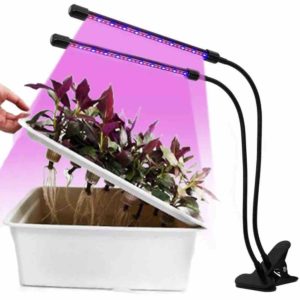
LED Grow Light | Grow Lamp | Growing Lamp
Original price was: £49.£29Current price is: £29. -
Sale!
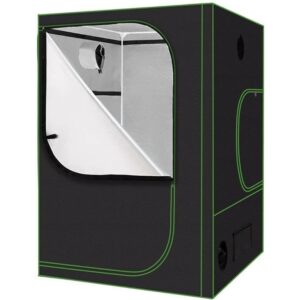
Indoor Grow Tent | Growing Tent System | Hydroponic Grow Room
£149 – £179 -
Sale!
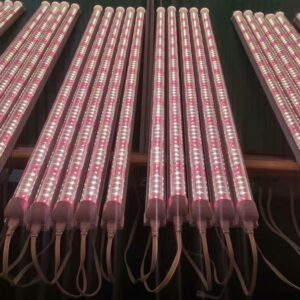
LED Grow Lights Strips | T8 Growing Lamps | Plant Light
Original price was: £169.£130Current price is: £130. -
Sale!
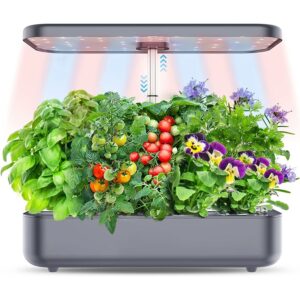
Hydroponics Growing System | Herb Garden System | Indoor Gardening System
Original price was: £169.£139Current price is: £139.
Frequently Asked Questions

-
WHAT CURRENCY ARE THE PRICES DISPLAYED IN?
All of our prices are displayed in £GBP – British Pounds
-
WHICH PAYMENT METHODS ARE ACCEPTED?
We currently only accept credit card payments, PayPal & Crypto currency. More payment methods will be added in the future.
-
HOW DO I KNOW IF MY ORDER HAS BEEN SHIPPED?
Once your order is shipped, it will be marked as complete in our database and you will receive a confirmation email with a tracking number.
-
DO YOU HAVE A SHOP LOCATION?
We are a “online supplier”, with no physical shop or premises. In this way, we are able to pass our considerable savings directly to you.
-
I HAVEN'T RECEIVED MY ORDER YET! IS IT LOST?
If you have any concerns with your order, please contact our support team by email and they will be glad to assist you. Most emails are answered within 1 business day.
Support Team: theteam@customersupport.care
-
DO I GET A RECEIPT FOR MY ORDER?
You will be sent a receipt for your order by email after payment is made. You will also receive a confirmation email with a tracking number once your item has been shipped.
-
WHAT ARE YOUR DELIVERY OPTIONS AND HOW LONG WILL IT TAKE?
- UK: Free delivery, 5-7 days
- Other countries: Free delivery, 7-10 days
OUR DELIVERY PARTNERS

-
How do I choose the right Hydroponic Equipment for tomatoes?
For tomatoes, select systems that support larger plants, such as drip systems or ebb and flow, with high-quality nutrients and powerful grow lights.
-
What is the ROI for investing in high-quality Hydroponic Equipment?
The ROI includes higher yields, faster growth rates, and savings on water and nutrients, with quality equipment reducing long-term costs.
-
How do I monitor pH and nutrient levels in my hydroponic system?
Monitor using pH meters and TDS (Total Dissolved Solids) meters, regularly testing the water to maintain optimal conditions for plant growth.
-
Can Hydroponics Equipment Suppliers customize kits?
Many suppliers offer customization, allowing you to tailor kits based on your space, the plants you wish to grow, and your level of experience.
-
How do Hydroponics Equipment Suppliers differ?
Hydroponics Equipment Suppliers vary in specialty, offering everything from basic starter kits to advanced systems and nutrients tailored for specific plants, catering to both hobbyists and commercial growers.
-
Can Hydroponic Supplies be automated for easier maintenance?
Many systems and components can be automated, including lighting, watering, and nutrient delivery, simplifying maintenance and care.
-
Are there Hydroponic Supplies designed for small spaces?
Yes, there are compact systems designed for small spaces, such as countertop units and vertical towers, maximizing yield in limited areas.
-
How do Hydroponics Equipment Suppliers ensure product quality?
Suppliers ensure quality by sourcing from reputable manufacturers, conducting quality checks, and offering warranties on their products.
-
How often should I change the nutrient solution in my hydroponic system?
Change the nutrient solution every 2-3 weeks or as recommended by the nutrient manufacturer to maintain optimal plant nutrition.
-
Do Hydroponics Equipment Suppliers offer organic nutrients?
Many suppliers offer organic nutrient solutions, catering to growers who prefer organic hydroponic farming for healthier, sustainable growth.
-
Can hydroponic gardens grow year-round?
Hydroponic gardens can indeed grow year-round, providing consistent light, temperature, and nutrients, independent of outdoor conditions.
-
What is the difference between hydroponic and traditional soil gardening?
Hydroponic gardening uses water and nutrients directly to the roots without soil, offering faster growth rates and higher yields in controlled conditions.
-
How do I ensure my hydroponic garden is disease-free?
Ensure a disease-free garden by sterilizing equipment between uses, using clean water, and monitoring plants for early signs of disease for prompt treatment.
-
Are there eco-friendly Hydroponic Equipment options?
Yes, eco-friendly options include solar-powered pumps and LED lights, as well as biodegradable grow mediums, supporting sustainable gardening practices.
-
Can I grow fruits and vegetables in a hydroponic garden?
Absolutely, fruits and vegetables thrive in hydroponic gardens, with many growers enjoying bountiful harvests of tomatoes, strawberries, lettuce, and more.
-
Can Hydroponic Equipment be used outdoors?
Yes, while designed for indoor use, certain hydroponic systems can be adapted for outdoor use, offering flexibility in growing locations.
-
What is the lifespan of Hydroponic Supplies like pumps and lights?
Quality pumps and LED lights can last several years with proper care, often exceeding 5 years for LEDs and 3-4 years for water pumps.
-
Do Hydroponics Equipment Suppliers offer support and advice?
Reputable suppliers provide expert advice, installation guidance, and ongoing support to help you achieve success in your hydroponic endeavors.
-
How energy-efficient are hydroponic grow lights?
Modern hydroponic grow lights, especially LED options, are highly energy-efficient, providing intense light with minimal electricity consumption.
-
Can I mix different brands of Hydroponic Equipment?
Yes, you can mix brands, but ensure compatibility, especially with electrical components and system parts, to maintain efficiency and safety.
-
What challenges can Hydroponics Equipment Suppliers help solve?
Suppliers can help solve challenges like nutrient imbalances, lighting requirements, and system optimization for different plant types.
-
Where can I learn more about hydroponic gardening techniques?
Learn more from hydroponics equipment suppliers, online forums, gardening blogs, and educational resources dedicated to hydroponic gardening practices.
-
What is the best grow medium for hydroponic systems?
The best grow medium depends on the system; popular choices include rockwool, clay pebbles, and coco coir, offering support and aeration to roots.
-
What is the cost range for starting a hydroponic garden?
Starting a hydroponic garden depends on scale and technology.
-
What advancements are there in Hydroponic Supplies?
Recent advancements include smart hydroponic systems with app-based monitoring and control, improved LED light spectrums, and automated nutrient dosers.
-
How do I maintain my hydroponic system?
Maintain by regularly checking and cleaning equipment, monitoring water and nutrient levels, and replacing grow lights and filters as needed.
-
What is the best water source for hydroponic systems?
The best water source is filtered or reverse osmosis water, free from contaminants and chlorine, ensuring optimal plant health and growth.
-
What is Hydroponic Equipment?
Hydroponic Equipment encompasses tools and systems for growing plants in water without soil, including nutrient reservoirs, pumps, grow lights, and pH meters, facilitating efficient indoor gardening.
-
What are essential Hydroponic Supplies for beginners?
Essential supplies include a grow tent or tray, nutrient solution, water pump, air pump, pH test kit, and grow lights, providing the basics for starting a hydroponic garden.
-
What Hydroponic Supplies are needed for leafy greens?
Leafy greens require nutrient-rich solutions, lower-intensity grow lights, and systems like deep water culture or NFT for optimal growth.
The Ultimate Guide to Hydroponic Equipment: Elevating Your Indoor Garden
In the ever-evolving world of gardening, hydroponics has emerged as a groundbreaking technique that allows enthusiasts and commercial growers alike to cultivate plants without soil, using mineral nutrient solutions in an aqueous solvent instead. This method not only conserves space and water but also accelerates plant growth, making it an attractive option for those looking to maximize their green spaces efficiently. Central to the success of any hydroponic garden is the right equipment. From hobbyists to large-scale growers, understanding and sourcing the best “hydroponic supplies” from reputable “hydroponics equipment suppliers” is crucial. This blog post serves as your comprehensive guide to hydroponic equipment, ensuring you have the knowledge and resources to elevate your indoor garden to its fullest potential.
Understanding Hydroponic Systems
Before diving into the equipment, it’s essential to grasp the basics of hydroponic systems. There are several types, including the Wick System, Deep Water Culture (DWC), Nutrient Film Technique (NFT), Ebb and Flow (Flood and Drain), Aeroponics, and Drip Systems. Each system has its unique mechanism of delivering nutrient-rich water to the plants, and the choice of system will dictate the specific equipment needed.
Essential Hydroponic Equipment
The complexity and scale of your hydroponic setup will determine the equipment required. However, certain fundamental components are universally necessary:
- Grow Trays and Reservoirs: These hold the water or nutrient solution and the plants. Ensuring you have the right size and material suitable for your chosen system is vital.
- Water and Air Pumps: These are crucial for circulating the nutrient solution and oxygenating the water, respectively, which are essential for healthy plant roots.
- Grow Lights: Adequate lighting is critical for plant growth, especially indoors. LED grow lights are popular for their efficiency and lower heat output.
- Nutrient Solutions: A balanced, water-soluble nutrient mix is essential for feeding your plants the right minerals they need to grow.
- pH and EC Meters: Monitoring the pH and electrical conductivity (EC) of your nutrient solution is crucial for optimal plant health and nutrient uptake.
- Growing Medium: While hydroponics does not use soil, a growing medium like Rockwool, clay pellets, or coco coir is needed to support the plants’ roots.
- Net Pots and Grow Cups: These allow for proper water drainage and air flow to the roots within the grow trays or reservoirs.
Selecting Hydroponics Equipment Suppliers
With the basics in mind, the next step is sourcing your “hydroponic supplies.” Here’s how to choose the right suppliers:
- Reputation: Look for suppliers with positive reviews and a strong reputation in the hydroponics community.
- Range of Products: Select suppliers that offer a wide range of products, allowing you to get all your supplies in one place.
- Expertise: Good suppliers can provide valuable advice and support, helping you make informed decisions about your hydroponic setup.
- Quality and Price: Compare product quality and prices across different suppliers to ensure you’re getting the best value for your investment.
Conclusion
Embarking on a hydroponic gardening journey can seem daunting at first, but with the right knowledge and quality equipment, it transforms into an exciting venture with the potential for substantial rewards. By understanding the essential equipment and how to select the best “hydroponics equipment suppliers,” you’re well on your way to creating a thriving indoor garden that can produce fresh, healthy produce year-round.
This guide aims not only to educate readers on the essentials of hydroponic gardening but also to optimize for search engines by incorporating keywords such as “hydroponic supplies” and “hydroponics equipment suppliers.” By doing so, we ensure that those new to hydroponics or looking to expand their existing setups can easily find the information and resources they need to succeed.
